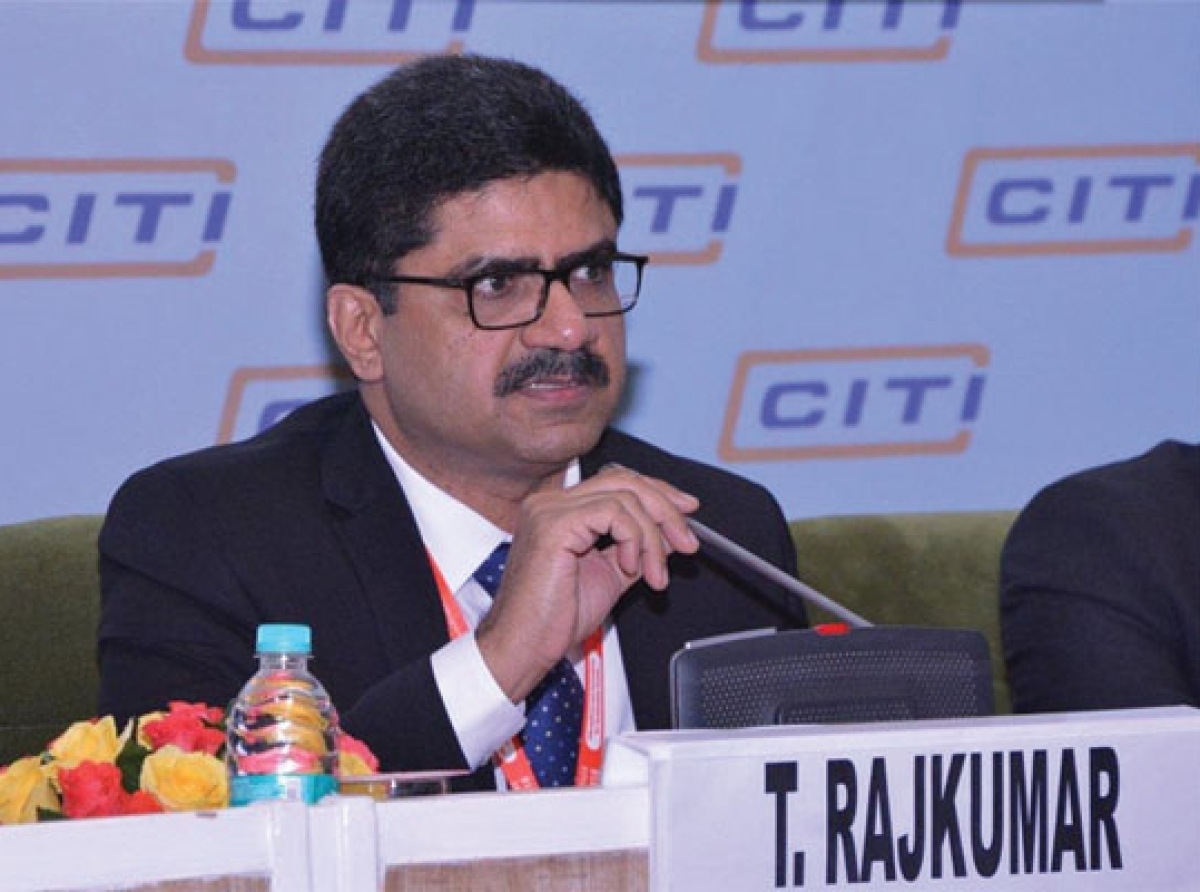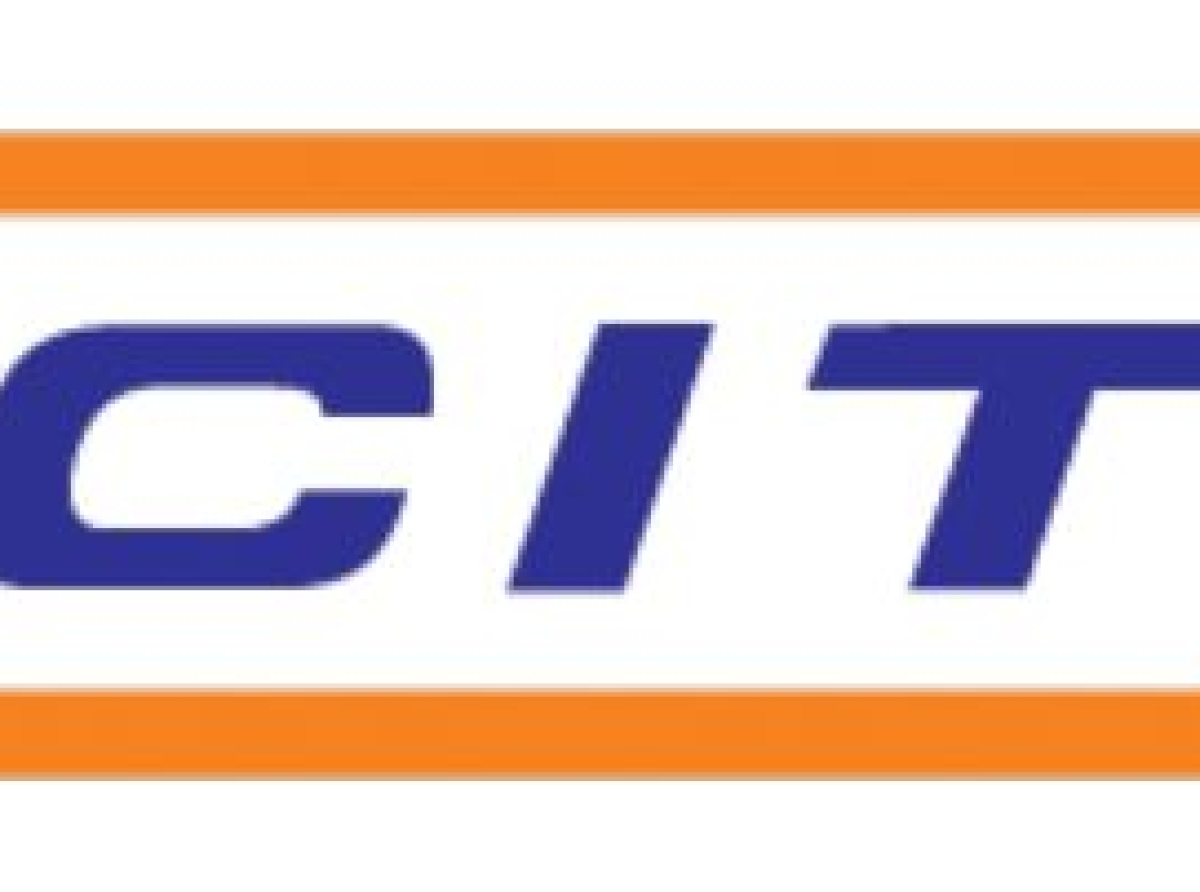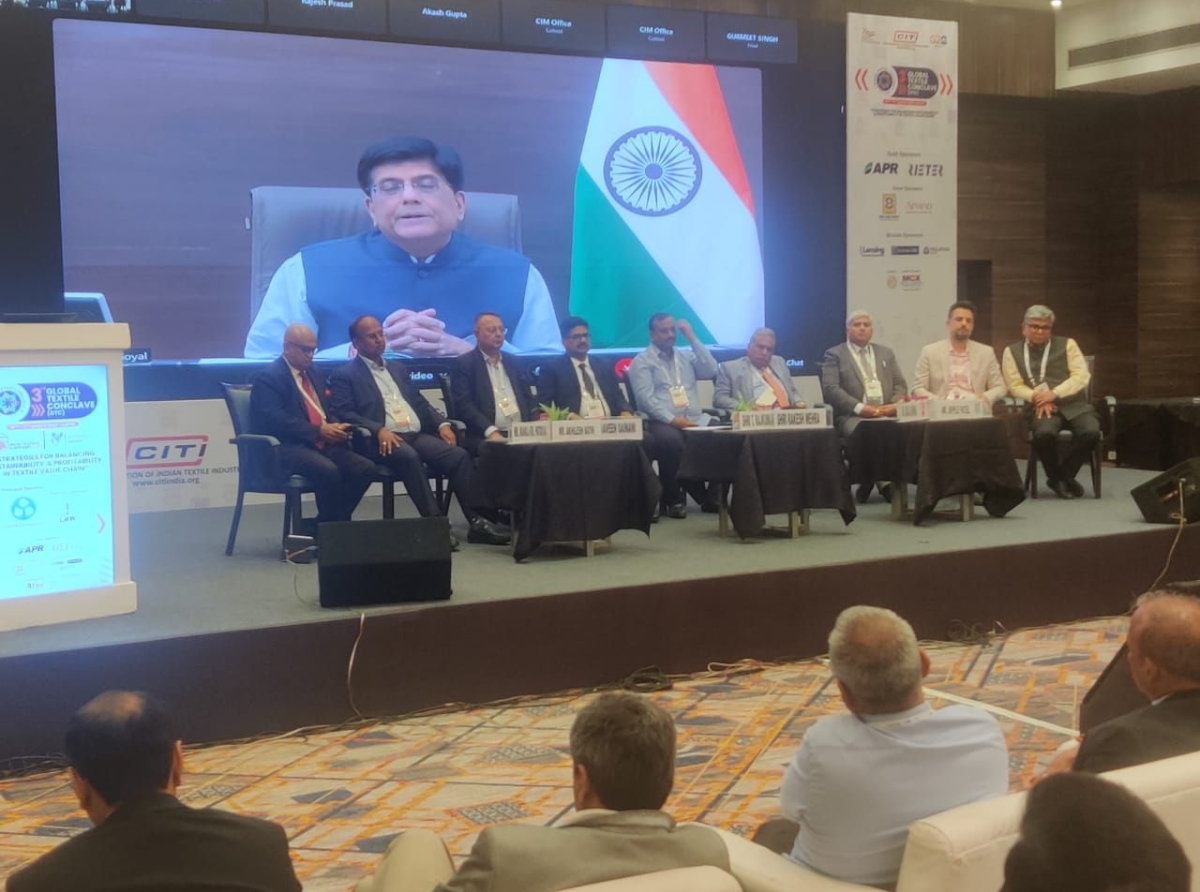04 March 2023, Mumbai
The 3rd Global Textile Conclave (GTC) 2023
Organized by: the Confederation of Indian Textile Industry (CITI)
Dates: 15th,16th & 17th March, 2023
Venue: Hotel Crowne Plaza, Jaipur, Rajasthan, India.
Theme: “Strategies for Balancing Sustainability in Textile Value Chain”
Focus: Aim to cover the entire textile value chain from “FARM to FASHION“.
T. Rajkumar, the Chairman of the Confederation of Indian Textile Industry (CITI) while delivering a welcome address on the occasion articulated very enthusiastically that," The textile and apparel sector is a crucial player in the Indian economy, and its success is vital for the government's vision of achieving a $5 trillion economy. While major economies, including India, are recovering from the impact of COVID-19, the government has introduced favorable policies like PLI, PM, Mitra, RoDTEP, and RoSCTL to boost the textile and apparel industries. To reap maximum benefits from these policies, businesses must align themselves with changing socio-economic requirements.
Today, economies worldwide are focused on reducing emissions, minimizing waste, and consumption of resources.
Digitalization, traceability solutions, and sustainable practices are also gaining importance. As one of the major textile suppliers to these economies, India must embrace sustainable practices that keep both the planet and people at the center of all activities.

The Confederation of Indian Textile Industry (CITI) has launched the first edition of the CITI Sustainable Award in GTC three to encourage and motivate the country's textile industry to adopt sustainable practices. The awards aim to have a cascading effect on innovation and pragmatic work in the industry.
The three-day conclave, attended by international experts, industry leaders, and policy experts, will devise a roadmap that is economically viable and environmentally sustainable. The active participation of all speakers, delegates, invitees, and industry representatives from India and abroad is essential to make this event a success.
It will not be wrong to say that the textile/apparel sector has a hormonal presence in the Indian economy.
And the success of this sector is extremely critical for the vision of our honorable prime minister Narendra Modiji towards achieving a 5 trillion Dollar economy. After an unprecedented period of COVID-19, major economies around the world, including India, are on the path to recovery.
It's heartening to note that recently india has emerged as the fifth-largest economy in the world.
The government of India has also come up with several favorable policies for the Indian textiles and apparel industries like the PLIs, PM Mitra, Rodtep rates RoSTCL, et cetera. These policies will complement India's export commerce as the largest producer of textile and apparel products in the world.
However, to take the maximum out of these policies, we must align our business towards the changing socioeconomic requirements. Friends and major economies across the globe are effectively working towards reducing emissions, consumption, and waste. Increased usage of renewable energy minimizing waste and reducing water and energy consumption.
More focus on digitalization to provide business data to buyers adaptation of traceability solution welcome address India is one of the major textile suppliers of textile apparel products of these economies.
I am happy to share with you all its commitment to motivating and encouraging the country's textile apparel industry to chart out a sustainable path that keeps both the planets and people at the heart of all activities. The Confederation of Indian Textile Industry Citi has launched the first edition of the CITI's Sustainable Award in GTC three.
These awards are also aimed at the staggering and cascading effects on innovation and pragmatic work. And I'm extremely sure the three days of this conclave renewed international experts, industry leaders, and policy experts will be able to devise a roadmap that will hedge against a cast of inaction while remaining economically viable today. I would also like to thank all the speakers, delegates, invitees, and industry representatives who have joined us today from different parts of India and abroad.
I am extremely sure that this active participation of all of you will make this an even decorative success".
The three-day prestigious event is currently underway where on day one Piyush Goyal, Minister of Commerce & Industry, Consumer Affairs & Food & Public Distribution and Textiles l Government of India addressed the 3rd GLOBAL TEXTILE CONCLAVE (GTC) currently underway at Jaipur, Rajasthan (India).
The textile industry is a critical contributor to the Indian economy, employing millions of families across the country.
As such, it is imperative that we prioritize the concerns and demands of both our producers and consumers while ensuring that we remain competitive in the global market. I commend the textile champions for their commitment to this effort and the spirit of togetherness with which they engage with each other.
Our Textiles Roadmap until 2047, when India celebrates 100 years of independence, should be our immediate priority. This roadmap should include short-term, medium-term, and long-term strategic goals that enable us to achieve sustainable, speedy, and skillful growth in our economy. It is critical that we work towards taking a leap of faith in our own ability to compete with the rest of the world from a position of strength and reclaim the lost glory that we enjoyed in the textile industry.
The Honorable Prime Minister articulated his vision for the textile industry many years ago, from farm to fiber, fiber to fabric, factory to fashion, and fashion to follow. This vision will soon be realized as states that have won through the challenge route offer to provide the best ecosystem for our textile industry to collectively be present in one location.
The Plugin Play infrastructure will be made available for the entire supply chain to be co-located, enhancing our competitiveness and giving a significant boost to the private sector.
The production and incentive scheme, the summer program for the training of our workmen and management, and the National Technical Excel mission are among the schemes designed to promote the cultivation of the health and the jute industry.
Additionally, the Mudra loan scheme helps small traders and small manufacturers get low-cost funds to develop their businesses.
The debate on state taxes and levies continues to gain government support. I recently transferred an additional 500 crores from the RoSCTL budget to ensure that no one suffers despite high demands for RoSCTL during the export performance. We have also ensured that there will be no cuts to anyone's rates or entitlement until 31 March 2023, providing additional relief by giving 500 roads from RoSCTL to RoDTEP.
In conclusion, the textile industry is critical to the growth and development of the Indian economy. By prioritizing the concerns and demands of our producers and consumers while ensuring that we remain competitive in the global market, we can achieve significant growth in terms of our economy's size and scale. With the support of various schemes and initiatives, we can reclaim our lost glory and become masters in the textile industry.


























